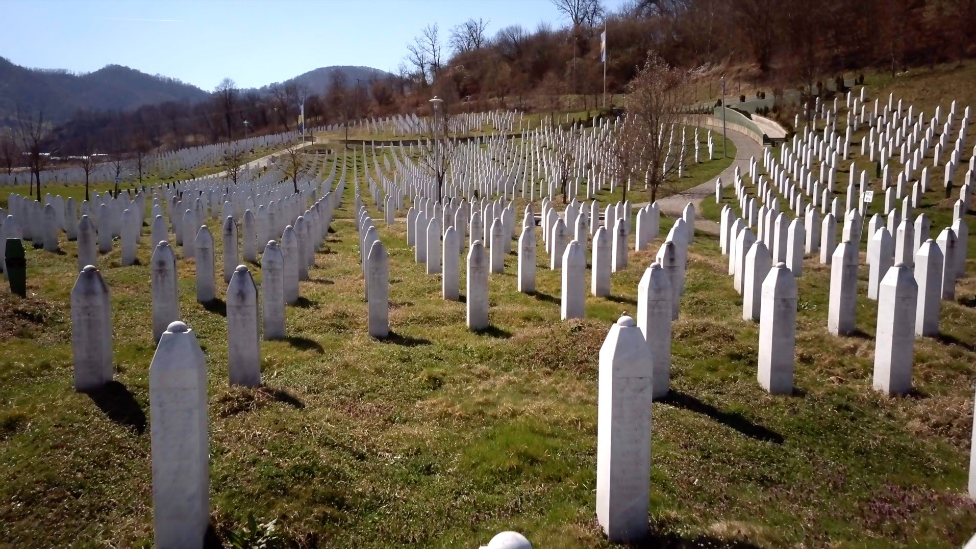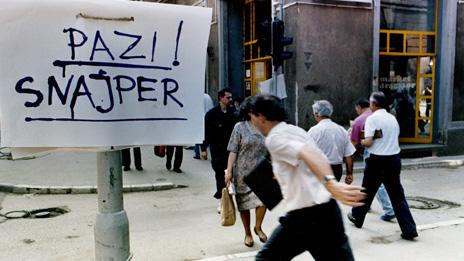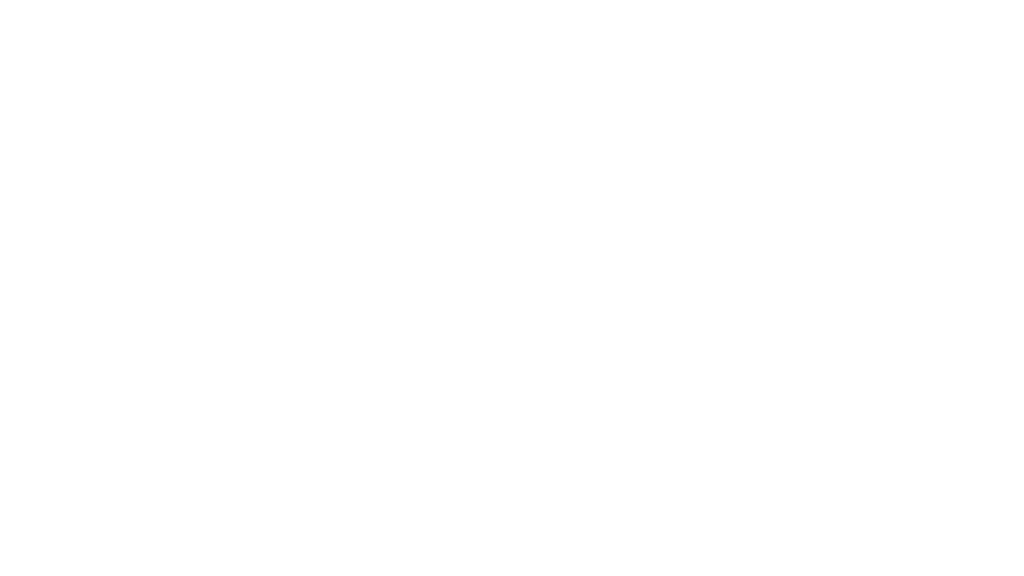Slobodan Praljak suicide 'could not have been prevented'
- Published
Slobodan Praljak drank a small vial of liquid after his prison sentence was upheld
The UN court in the Hague says it could not have prevented a war criminal from taking poison and killing himself.
Gambian judge Hassan Jallow said that without specific intelligence, no measures would have guaranteed the poison was detected.
Bosnian Croat war criminal Slobodan Praljak died after taking potassium cyanide when his prison sentence was upheld.
A Dutch police inquiry into possible criminal activity is continuing.
Judge Jallow - who was appointed by the tribunal to investigate Praljak's death - said it was unclear how or when the convicted man came into possession of the potassium cyanide, external.
Even if UN staff had received information about it, he said, the 200-300mg of powder - equivalent to a single tablet - "could easily have remained undetected even through the most intrusive searches of persons, cells, and other areas".
Limitations on intrusive searches and the screening equipment available to staff also meant poison would be hard to detect, Judge Jallow said.
He made recommendations for search regimes and also proposed a 30-minute delay on the broadcast of court judgements.
However he said there were no gaps or flaws in the overall treatment of detainees and did not propose any changes to regulations.
Praljak drank from a vial after his 20-year term for committing war crimes in Bosnia in the 1990s had been upheld at the International Criminal Tribunal for the former Yugoslavia (ICTY).
Seconds after hearing his appeal had been lost, the former general declared: "Slobodan Praljak is not a war criminal. I am rejecting the court ruling."
The 72-year-old then drank from a small brown-glass bottle and announced: "I have taken poison."
Jeremy Bowen: 'Why I testified against Praljak'
The confirmation rulings against Praljak and five other defendants brought an end to more than 20 years of work by the International Criminal Tribunal for the former Yugoslavia (ICTY).
Praljak was convicted in 2013 of crimes against humanity, committed while commanding Bosnian Croat forces.
Though allies against the Bosnian Serbs during the 1992-95 civil war, Bosnian Croats and Muslims also fought each other for a period of 11 months, with the city of Mostar seeing some of the fiercest fighting.
- Published16 November 2017

- Published18 March 2016

- Published16 January 2013
